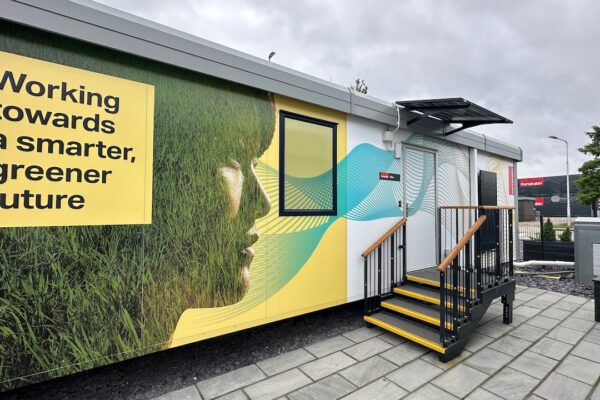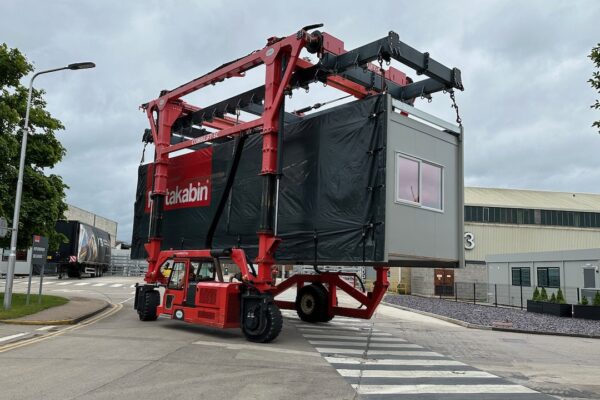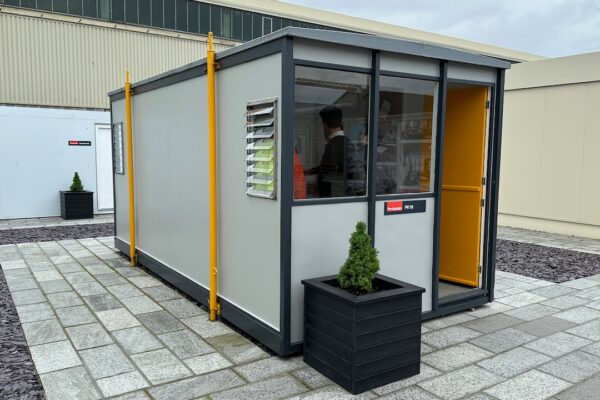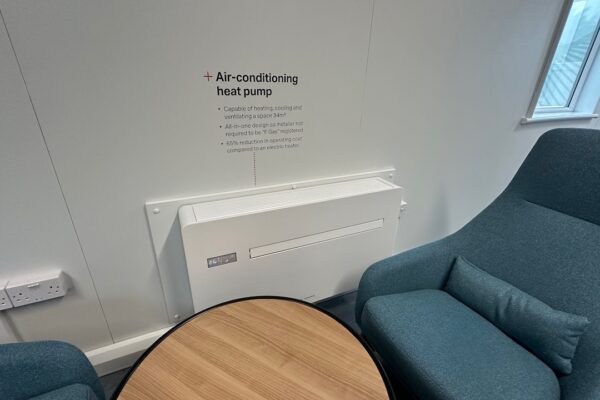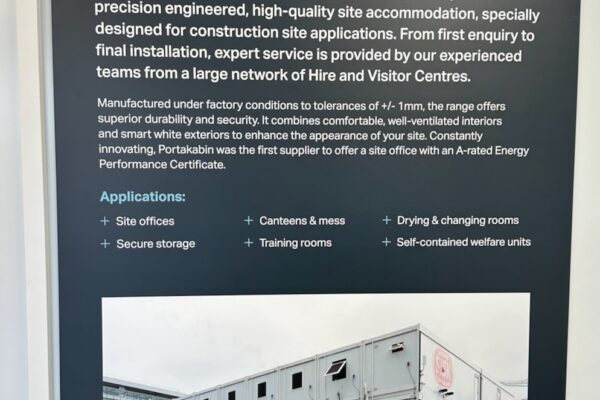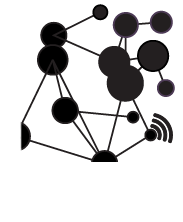Ensuring trust with explainable AI for building energy management.
Partners
BlockDox, UCL, Portakabin, Verv, D-Fine
Funding
The project is supported by Innovate UK under the Accelerating trustworthy AI: Phase 2 Collaborative R&D competition – project number 10093095 (March 2024 – Feb 2025)
CASA Contact
Duncan Wilson, Steve Gray
